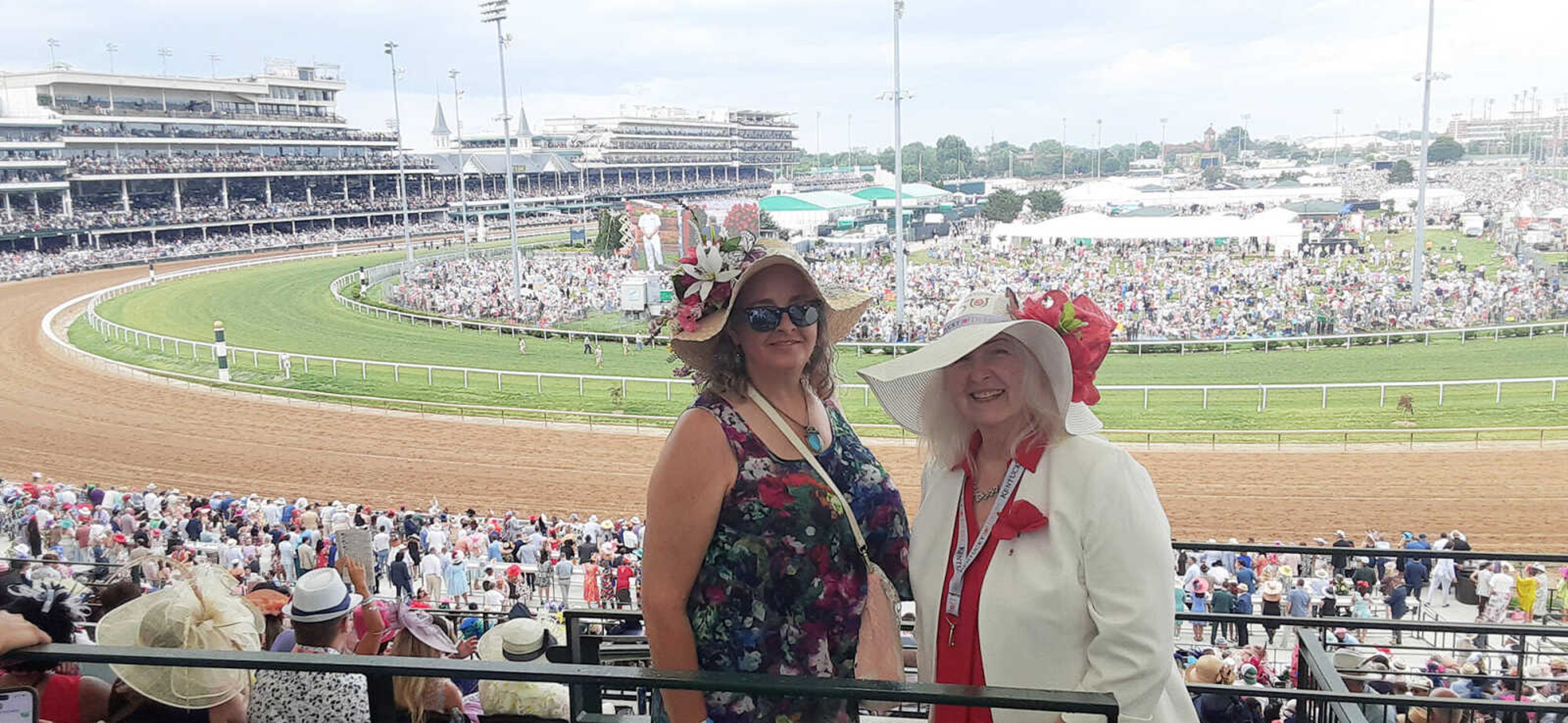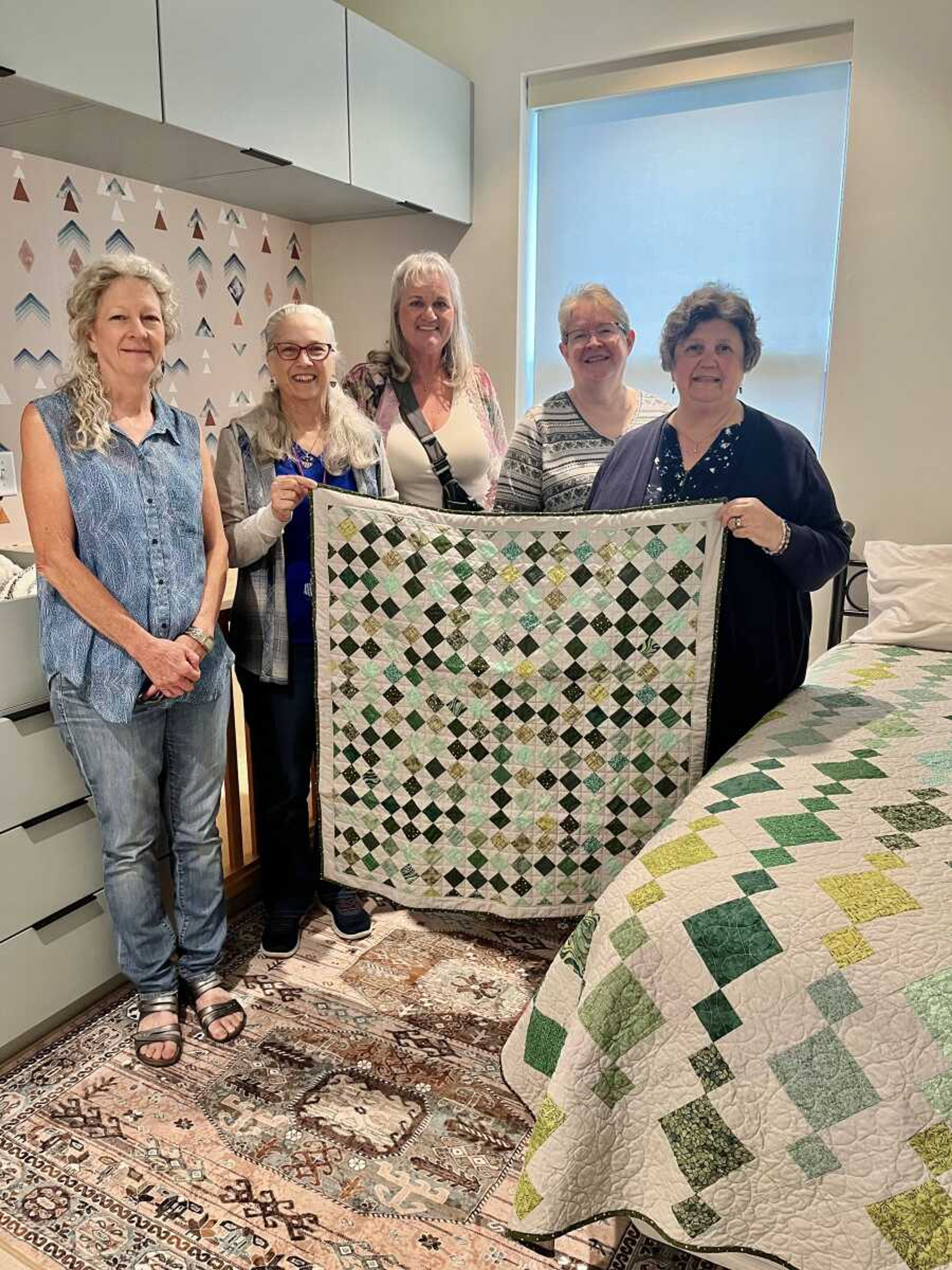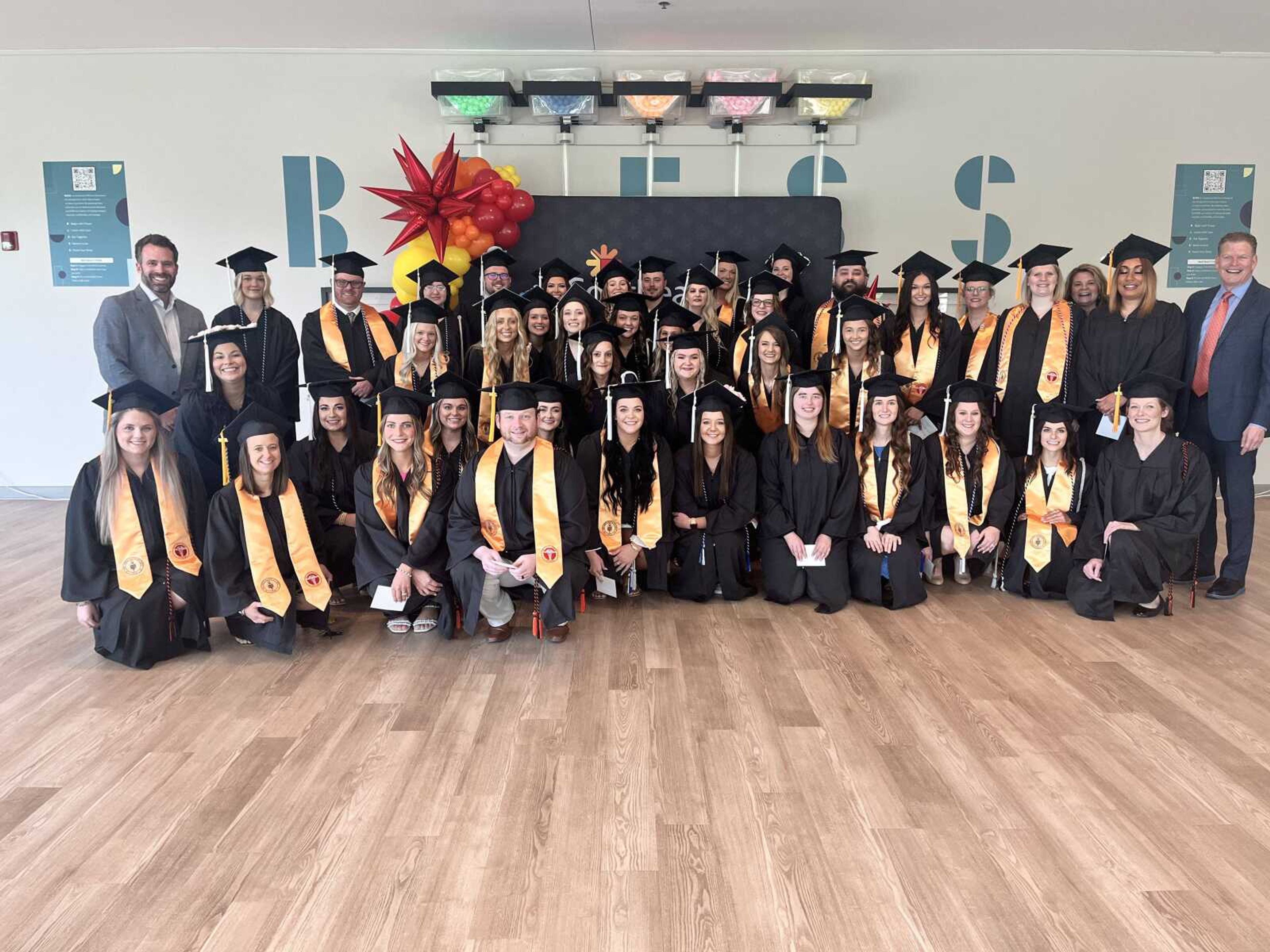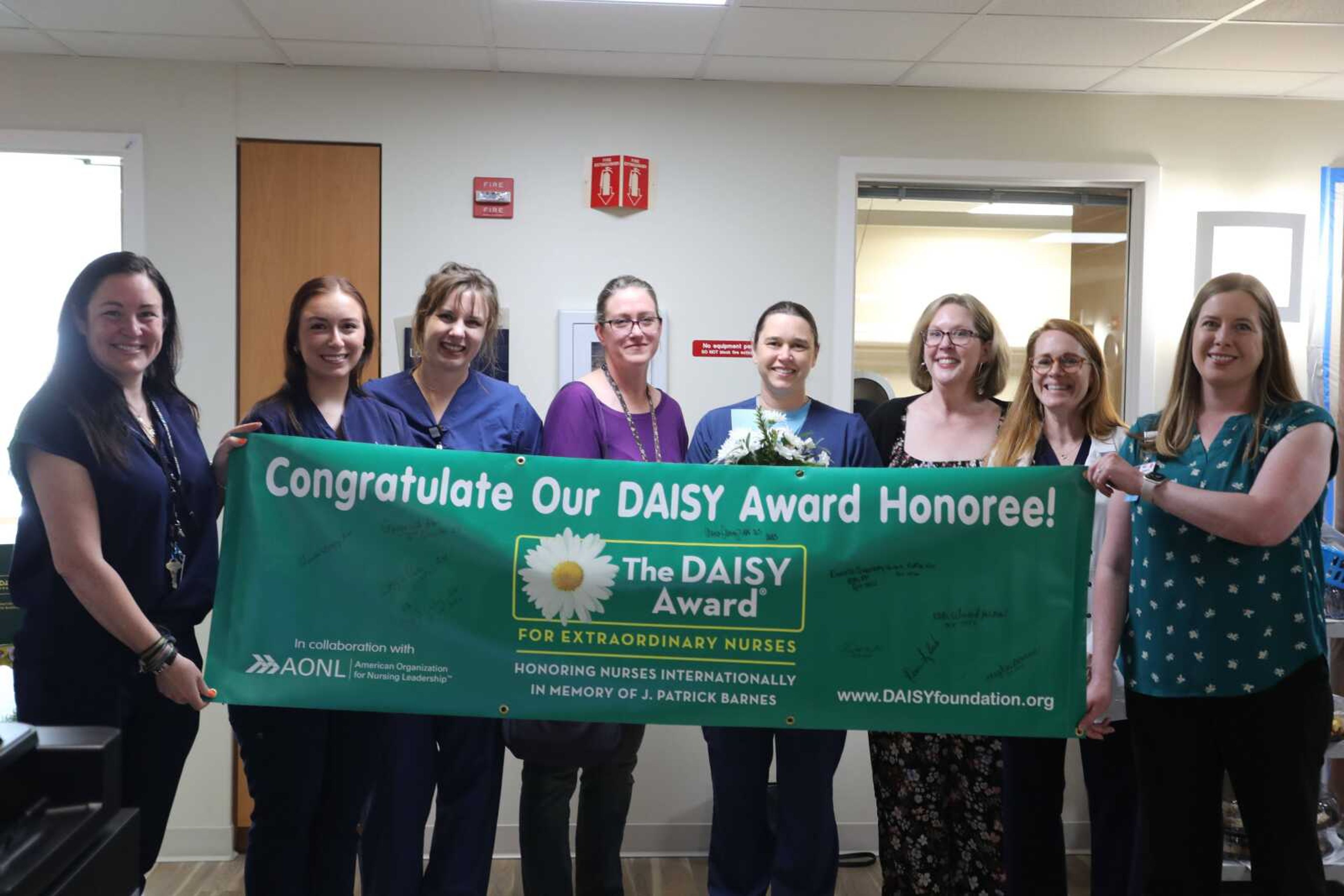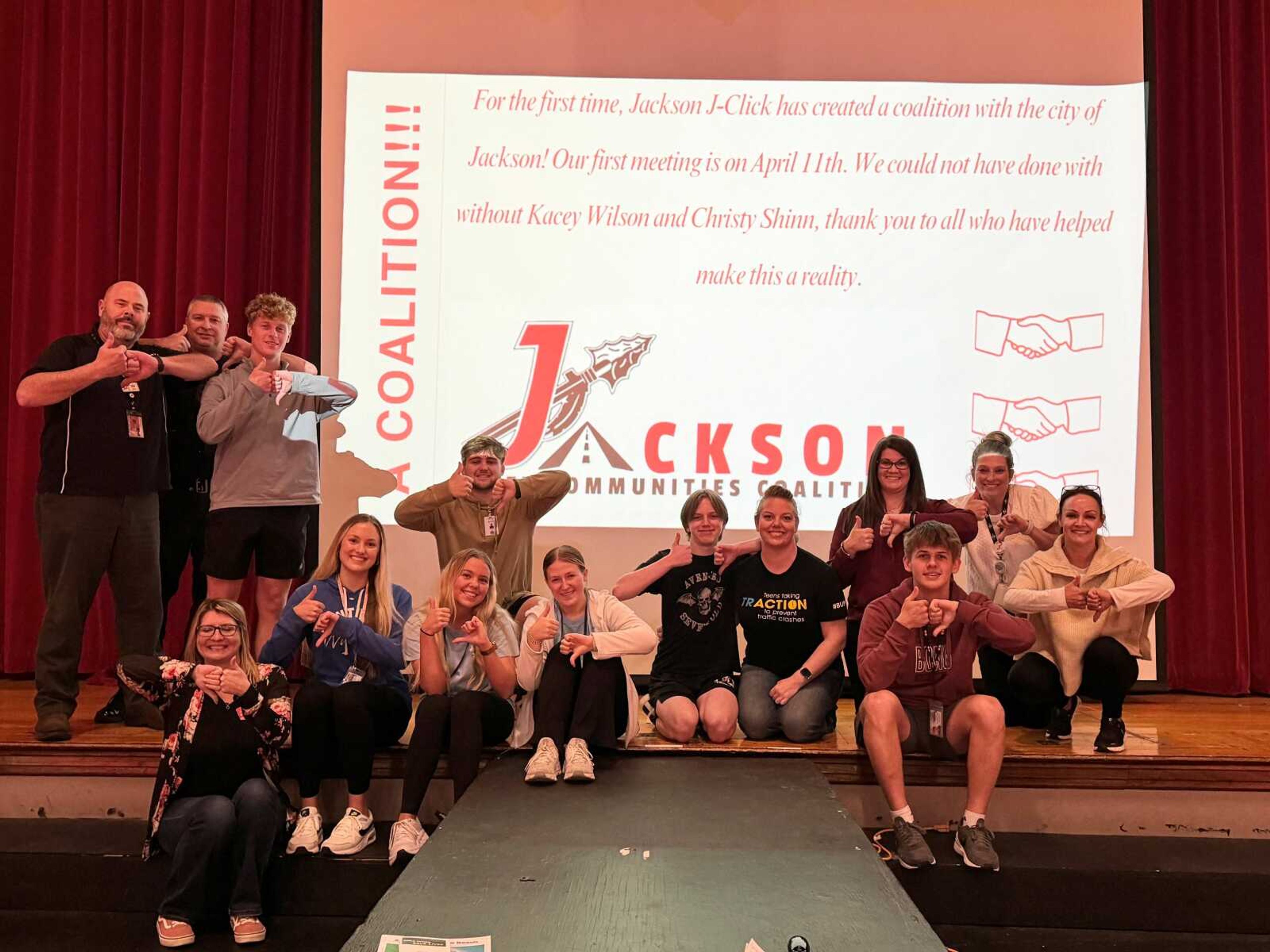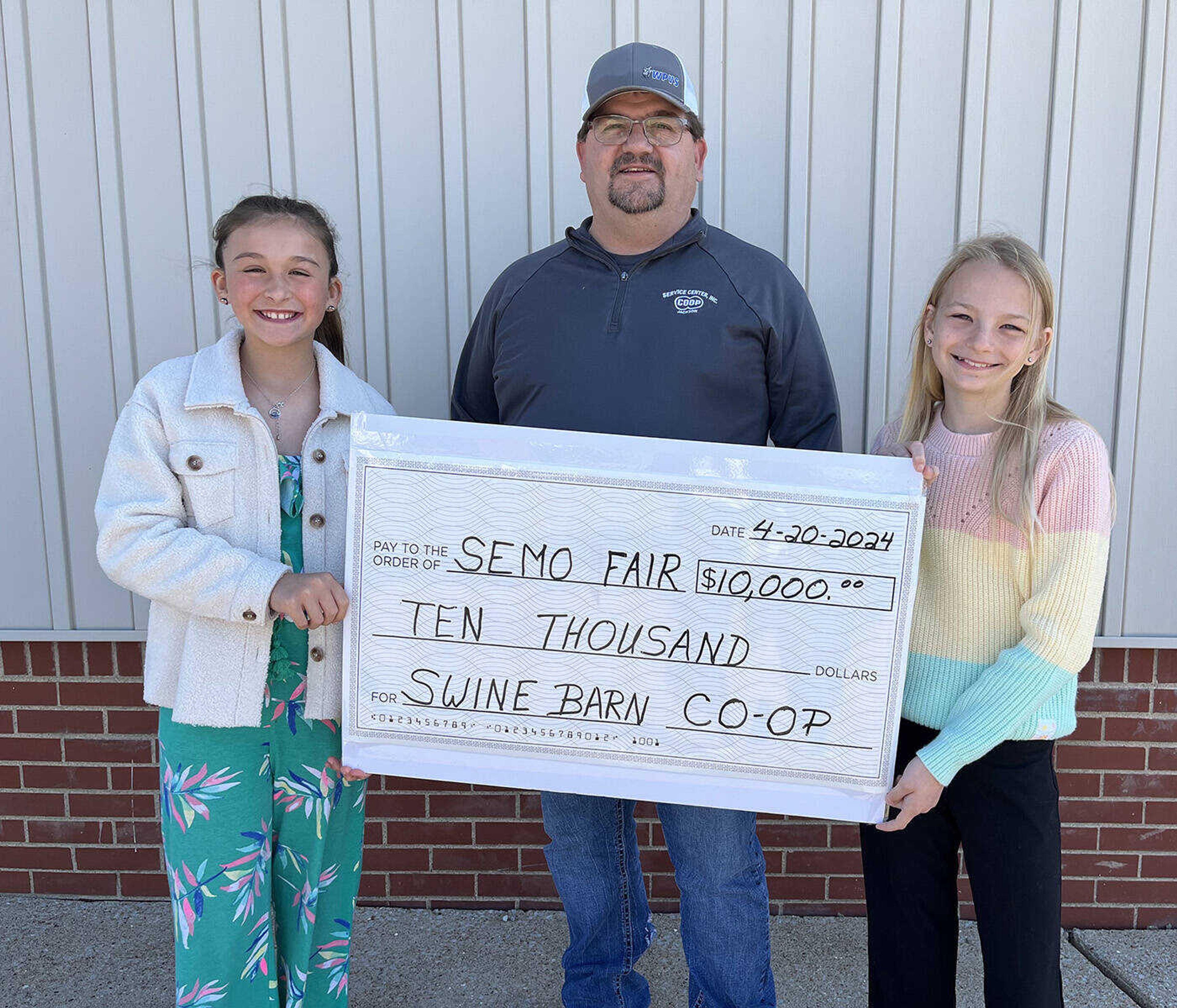Part 2: A Trip to Washington D.C. and A Sentencing Hearing
In the past two weeks I have spoken before two audiences in two very different settings in two very different places. Yet both had the same theme. On Nov. 3 and 4, I spoke in Washington D.C. at the Allstate Foundation's Economic Empowerment Workshop. On Nov. 10, I spoke in Steelville at the sentencing hearing for Charles Fodge, the man who tried to take my life on July 27, 2007. He had previously pleaded guilty and was sentenced to 20 years in the Missouri Department of Corrections on Nov. 10...
In the past two weeks I have spoken before two audiences in two very different settings in two very different places. Yet both had the same theme. On Nov. 3 and 4, I spoke in Washington D.C. at the Allstate Foundation's Economic Empowerment Workshop. On Nov. 10, I spoke in Steelville at the sentencing hearing for Charles Fodge, the man who tried to take my life on July 27, 2007. He had previously pleaded guilty and was sentenced to 20 years in the Missouri Department of Corrections on Nov. 10.
Both were new arenas that I had never ventured to before, yet while one was a pure joy, the other was like the sound of running your fingers down a chalkboard.
At the Economic Empowerment Workshop on Nov. 3-5, I spoke on two different occasions to providers and supporters of domestic violence from across the country telling my story and I met wonderful people such as Sue Else, the president of the National Network to End Domestic Violence who has dedicated her life to eradicating domestic violence in America.
Kayln Risker, a survivor of Domestic Violence, in Detroit, Mich. was one another speaker at the conference who has started an organization entitled Sisters Acquiring Financial Empowerment or S.A.F.E to help survivors gain employment skills. This remarkable woman survived a domestic violence brutal attack that left her having to have her eye socket replaced. Not wanting to sit around and do nothing, Risker started working again even before she probably should have. This remarkable woman completed her degree in Human Resource Management and is now working on her Master's Degree, while working with women to gain self-sufficiency.
I met Jennifer Kuhn, a former prosecutor who is now the Domestic Violence Programs Manager who is now working on a program to address Domestic Violence in the Workplace in America.
The conference focused on how through economic empowerment, women can go from "Victim to Survivor to Thriver."
My speech consisted of speaking to bankers and those who had started employment programs in their respective starts for survivors. The bankers or other business owners were those who had been invited because they supported domestic violence programs in their community. My conference liaison, Kim Petico of the NNEDV, said it was important for these people to hear personal stories of how economic empowerment truly helped survivors.
In my speech, I talked of how I hadn't even considered going back to school for the degree in Social Work until I found out that I could receive a scholarship from the Allstate Foundation Job Training and Assistance Fund and the Women's Independent Scholarship Program. It changed my life and gave me hope again after an extraordinary event in my life. When the incident happened, my finances were in ruins and I have worked hard with the assistance of my brother to learn more about budgeting and paying off bills.
In a second speech, I spoke about the Media and Domestic Violence Issues on a panel that included a banker, an Allstate insurance agent and an Allstate program manager. All spoke of working with providers from various coalitions including Allison Smith an Economic Justice Coordinator for the Georgia Coalition Against Domestic Violence whom I had the privilege of sitting next to at the conference.
During the conference various speakers spoke about how financial empowerment can help victims of domestic violence. Some spoke about employment skills, funds from the Violence against Women Act program and investment plans.
One speaker of the conference said that given the current economic climate financial empowerment was more important than ever.
While the investment and seminars were important, one provider from Georgia later commented that there was still a need for funding for domestic violence programs.
"We are still trying to just get women with six kid's find affordable housing for her and her children in a safe place away from her perpetrator before they can save any money," the woman said. "
During the conference, which was held during the 2008 presidential election day, there was electricity in D.C. that was powerful. The night of the election, the conference held a watch party at a local eatery.
The next day newspapers were hard to come by and everyone was scrambling to get ready to leave for the airport. As hugs were given and well wishers, I felt a sense of being enveloped by so much support and hope for the next week that was to come. Many people such as Rene Renick, a former Missouri Coalition Worker and now the director of programs and operations of the NNEDV wanted to know when the sentencing was and what time. She would be at another conference in San Francisco that day but wanted to say a prayer when it happened.
So on Monday, Nov. 10; at 1 p.m. as I walked into the courtroom of the Crawford County Courthouse, I knew that I had many others thinking of me at that moment. Besides that I had Linda Trollinger, the victims advocate; Sherry Sutton of the court advocate for the women's crisis center and my niece, Nikki Deason were there. All was well. It was going to be okay.
Then the moment came when the prisoners from the jail came over. There walking in an orange jumpsuit and handcuffed at the hands and feet was him, the man who had stabbed me seven times in the car and then drove me to the hospital; the man who had promised to love me and protect me when we married. Like a movie, images of good times and then bad times flashed through my head flashed through my head. I looked over and couldn't believe that my life had come to this. I wanted to run out of the courtroom. I couldn't do this. This was not supposed to turn out this way.
Fortunately I was blessed in having three people there who without them, I might have walked out.
"Remember Washington," Trollinger said. I looked at her and smiled. She was right.
Judge William Seay called for the case against Charles Fodge.
"Does the victim wish to speak?"
"Yes, she does."
Funny, I hadn't referred to myself as a victim in quite awhile.
At the conference in D.C., I had sat at a long table to speak to nearly 200 people. At the sentencing hearing, I stood in the middle and faced the judge to read a victim impact statement. The last part of the statement was directed at Charles "Mike." Fodge. I talked how he had hurt my daughter, Kassie, who was in the backseat of the car and how she had been affected by what she saw. Children are sometimes the silent victims of domestic violence.
As I closed my statement I looked directly at Mike, the man who for 2 ½ years had brought moments of greatness, moments of terror and now a moment that I could rise to be empowered and no more a victim to him.
"You didn't kill me, You didn't break me and you never will.'"
On the Web:
Connect with the Southeast Missourian Newsroom:
For corrections to this story or other insights for the editor, click here. To submit a letter to the editor, click here. To learn about the Southeast Missourian’s AI Policy, click here.


